Human evolution is often described as a slow process of biological adaptation, where genetic changes that provide survival advantages are passed down through generations.
However, a new hypothesis from researchers Timothy Waring and Zachary Wood of the University of Maine, published in the journal BioScience , turns this notion upside down.
They argue that humanity is undergoing a groundbreaking evolutionary shift, where culture (not genes) is playing a dominant role in shaping our future.
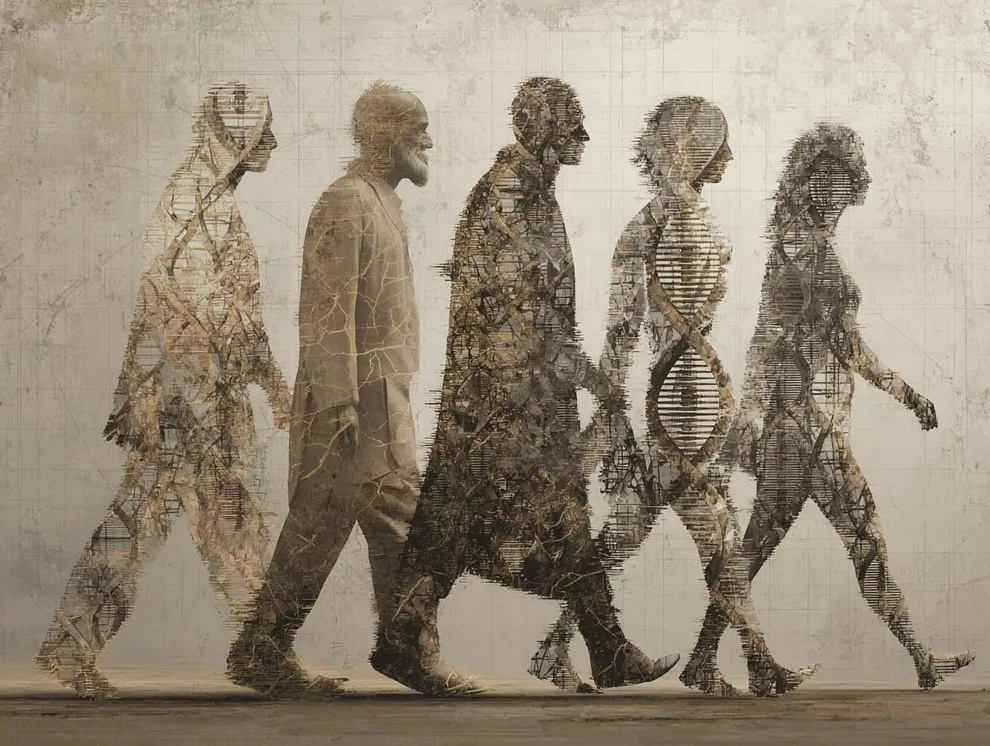
Culture trumps genes
Waring and Wood make a compelling argument: cultural systems such as farming techniques, legal systems, and medical practices evolve at a much faster rate than biological traits.
Cultural evolution, they argue, is outpacing genetic evolution, solving challenges that would otherwise require genetic mutations.
Zachary Wood explains that technological and cultural advances can help us adapt to environmental challenges in a much shorter period of time than it would take genetic mutations to do the same.
For example, eyeglasses help us correct vision problems without having to wait for genetic adaptations. Similarly, cesarean section surgery can solve biological problems during childbirth, allowing humans to survive and reproduce in ways that biology alone could not have foreseen.
These are cultural solutions that have intervened and changed natural selection pressures, demonstrating that culture is gradually becoming the primary driver of survival.
Are humans becoming a “superorganism”?
While the concept of cultural evolution is not new, the idea that we are witnessing an “evolutionary transition” is entirely new.
Waring and Wood have proposed a bold hypothesis: this shift may be transforming humans from an individual species to one defined by colony-level cooperation. Just as ants and bees operate as “superorganisms” where the survival of the individual depends on the health of the entire society, humans are approaching a similar state.
They argue that the cultural systems we build, such as health care, education, and political systems, are so ingrained in society that they act as primary adaptive forces. We are increasingly dependent on these systems rather than on genetic traits.
This raises a profound question: what happens to individual autonomy when our survival depends on systems created and maintained by a collective?
Is the future of humanity shaped by technology?
The implications of this evolutionary shift are profound because if our survival and well-being depend on cultural systems, do we see a future where humanity evolves not as a collection of separate individuals, but as a cooperative superorganism, shaped by culture?
Modern technologies such as genetic engineering and assisted reproductive technology have hinted at this possibility. They are clear examples of how culture has begun to influence genetic outcomes. In the long run, this could lead to a scenario where our descendants evolve less through biological mutation and more through cultural and technological innovation.
However, Waring and Wood also warn that this shift is not progressive or morally superior. Culture can evolve in both positive and negative directions.
The challenge for humanity is to ensure that as culture increasingly takes control of our evolution, we do so in ways that promote cooperation, fairness, and sustainability.
Ultimately, our future may depend less on our genes and more on the cultural systems we create.
Source: https://dantri.com.vn/khoa-hoc/con-nguoi-dang-tien-hoa-nhanh-hon-nhung-khong-phai-do-gen-20250928221627054.htm








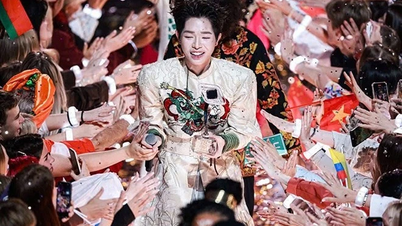





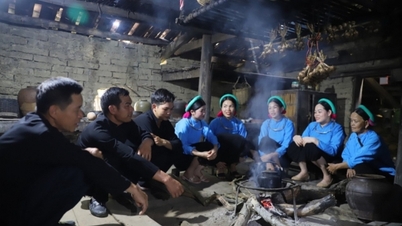







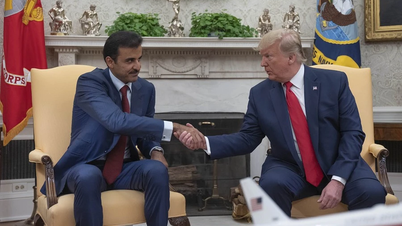











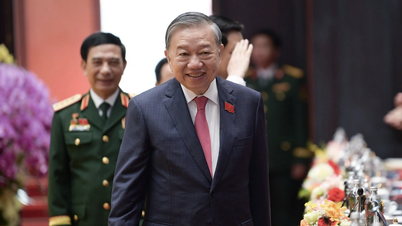


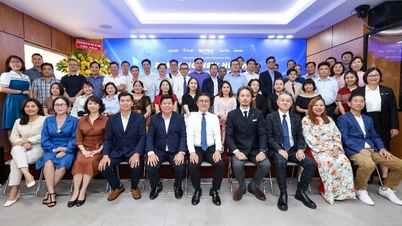




































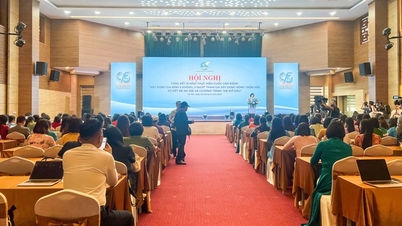
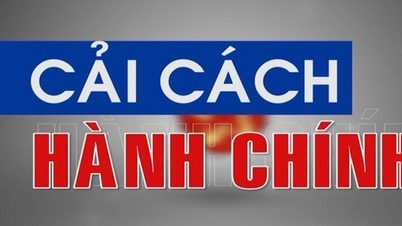



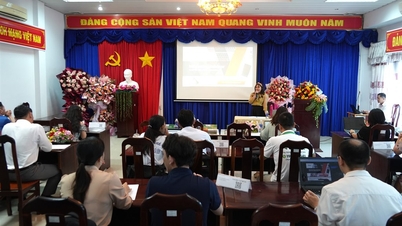
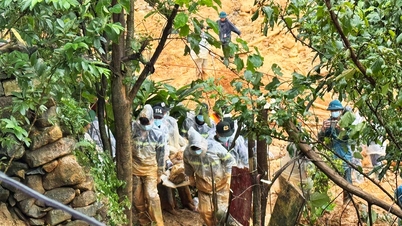

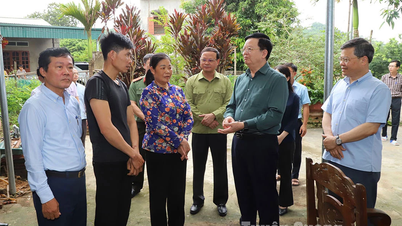
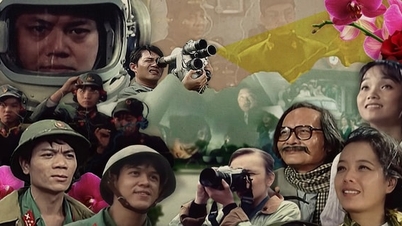

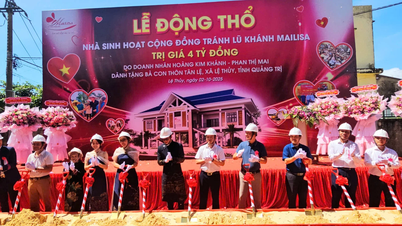

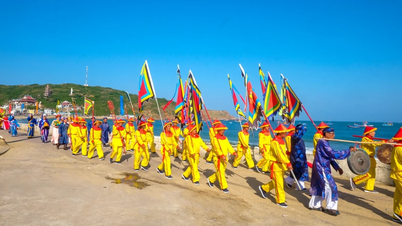













Comment (0)